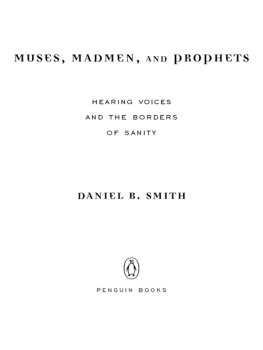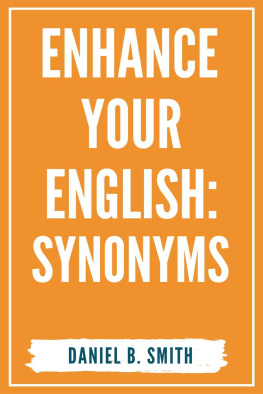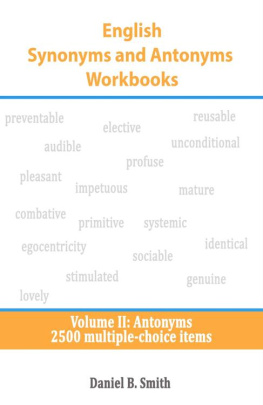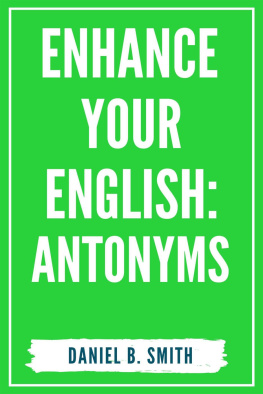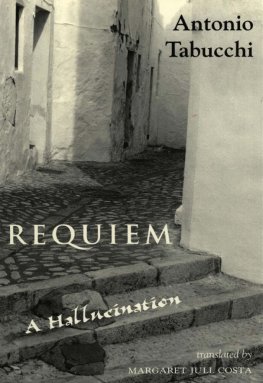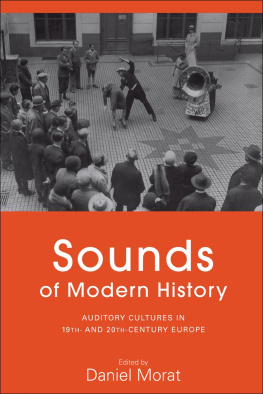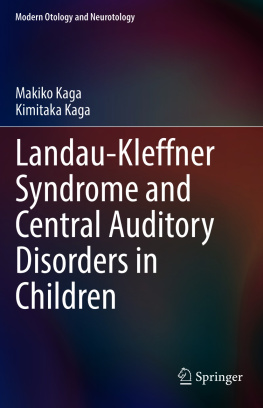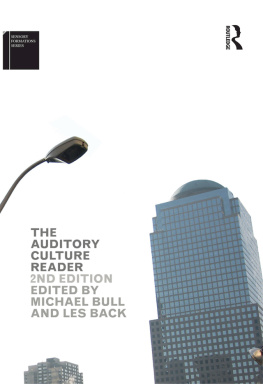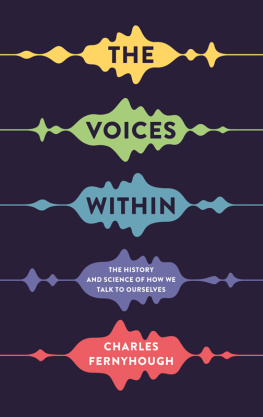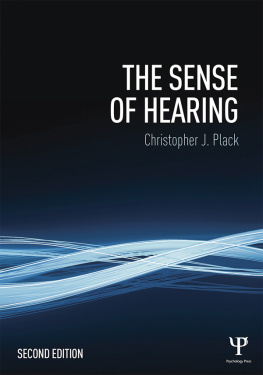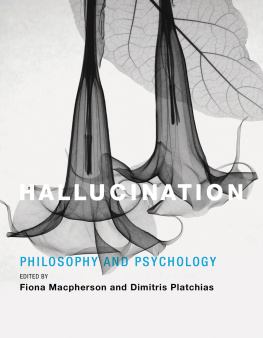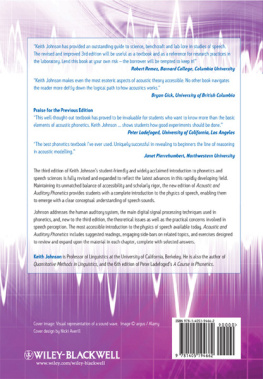Daniel B. Smith - Muses, Madmen, and Prophets: Rethinking the History, Science, and Meaning of Auditory Hallucination
Here you can read online Daniel B. Smith - Muses, Madmen, and Prophets: Rethinking the History, Science, and Meaning of Auditory Hallucination full text of the book (entire story) in english for free. Download pdf and epub, get meaning, cover and reviews about this ebook. year: 2007, publisher: Penguin Press, genre: Detective and thriller. Description of the work, (preface) as well as reviews are available. Best literature library LitArk.com created for fans of good reading and offers a wide selection of genres:
Romance novel
Science fiction
Adventure
Detective
Science
History
Home and family
Prose
Art
Politics
Computer
Non-fiction
Religion
Business
Children
Humor
Choose a favorite category and find really read worthwhile books. Enjoy immersion in the world of imagination, feel the emotions of the characters or learn something new for yourself, make an fascinating discovery.
- Book:Muses, Madmen, and Prophets: Rethinking the History, Science, and Meaning of Auditory Hallucination
- Author:
- Publisher:Penguin Press
- Genre:
- Year:2007
- Rating:5 / 5
- Favourites:Add to favourites
- Your mark:
Muses, Madmen, and Prophets: Rethinking the History, Science, and Meaning of Auditory Hallucination: summary, description and annotation
We offer to read an annotation, description, summary or preface (depends on what the author of the book "Muses, Madmen, and Prophets: Rethinking the History, Science, and Meaning of Auditory Hallucination" wrote himself). If you haven't found the necessary information about the book — write in the comments, we will try to find it.
Auditory hallucination is one of the most awe-inspiring, terrifying, and ill-understood tricks the human psyche is capable of.Muses, Madmen, and Prophetsreevaluates the popular conception of the phenomenon today and through the ages, and reveals the roots of the medical understanding and treatment of it. It probes history, literature, anthropology, psychology, and neurology to explain and demystify the experience of hearing voices, in a fascinating and at times funny quest for understanding. Daniel B. Smiths personal experience with the phenomenon-his father heard voices, and it was the great torment and shame of his fathers life-and his discovery that some people learn to live in peace with their voices fuels this contemplative, brilliantly researched, and inspired book.
Science has not been able to fully explain the phenomenon of auditory hallucination. It is a condition that has existed perhaps as long as we have-there is evidence of it in literature and even pre-literate oral histories from across all times and cultures. Smith presents the sophisticated and radical argument that a negative side effect of living as we do in this great age of medical science is that we have come to limit this phenomenon to nothing more than a biochemical glitch for which the only proper response is medical, pharmaceutical treatment. This pathological assumption can inflict great harm on the people who hear voices by ignoring the meaning and reality of the experience for them. But it also obscures from the rest of us a rich wellspring of knowledge about the essential source of faith and inspiration.
As Smith examines the many incidences of people who have famously heard voices throughout history-Moses, Mohammed, Teresa of Avila, Joan of Arc, Rilke, William Blake, Socrates, and others-he considers the experience of auditory hallucination in light of its relationship to the nature of pure faith and as the key to the source of artistic inspiration. At the heart of Smiths exploration into the many extraordinary, strange, sometimes frightening and sometimes almost supernatural aspects of auditory hallucination is his driving personal need to comprehend an experience that, when considered in good faith, is as profound and complex as human consciousness itself.
Daniel B. Smith: author's other books
Who wrote Muses, Madmen, and Prophets: Rethinking the History, Science, and Meaning of Auditory Hallucination? Find out the surname, the name of the author of the book and a list of all author's works by series.

